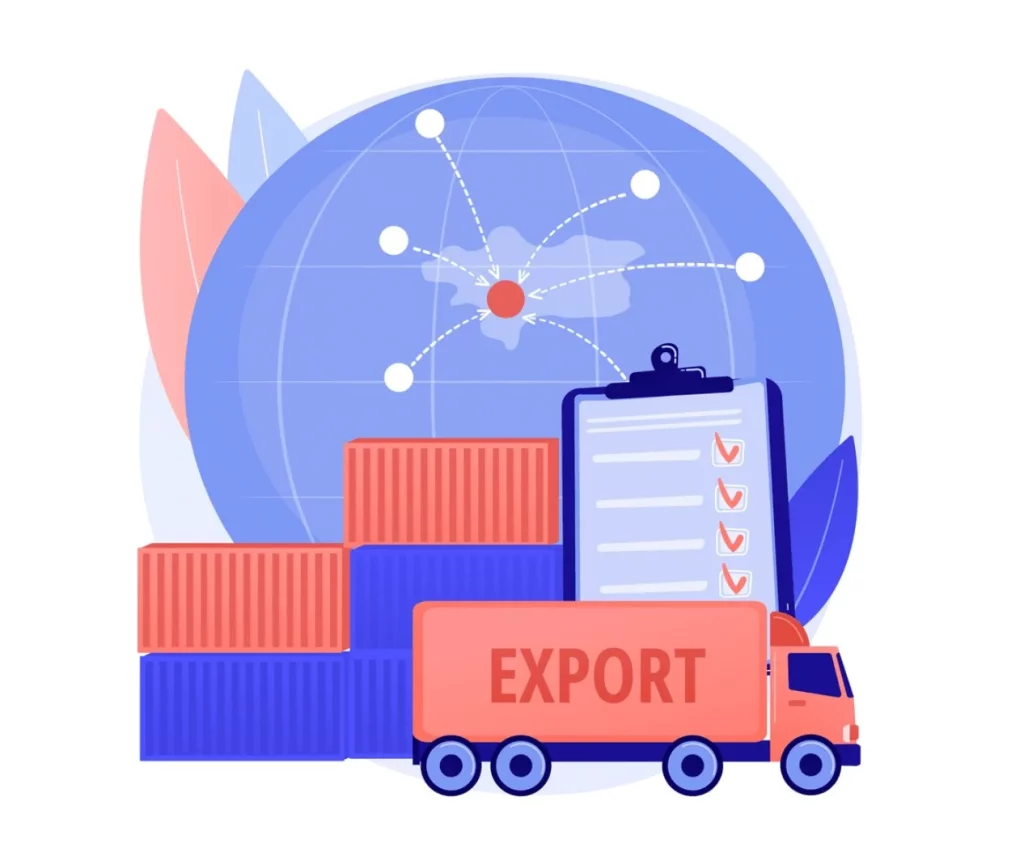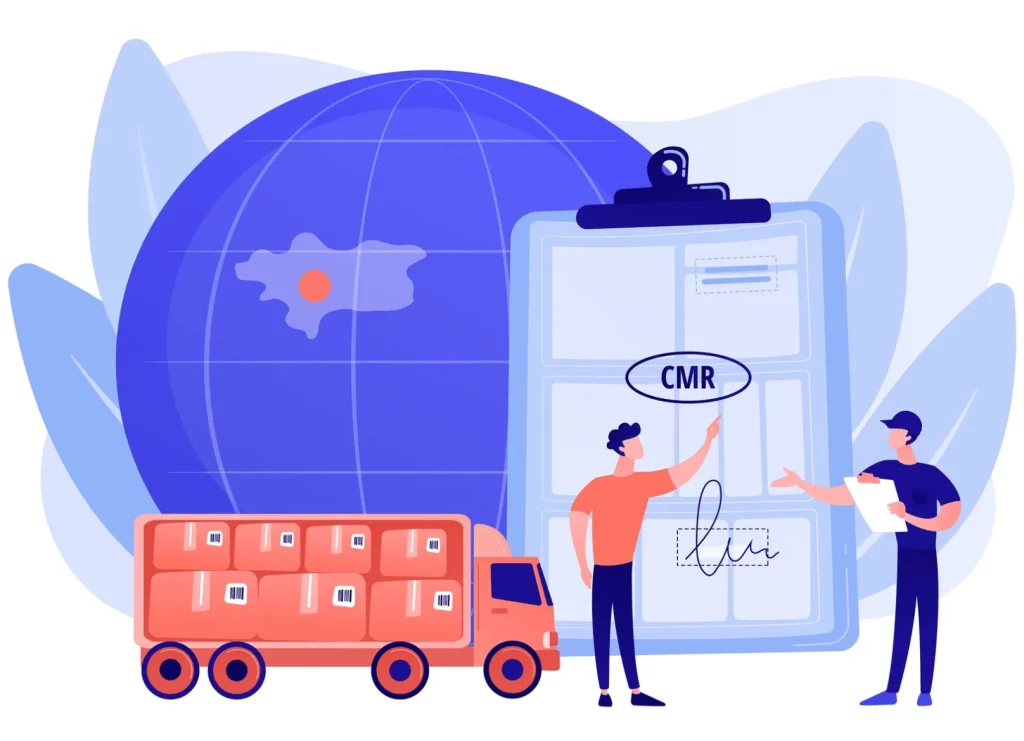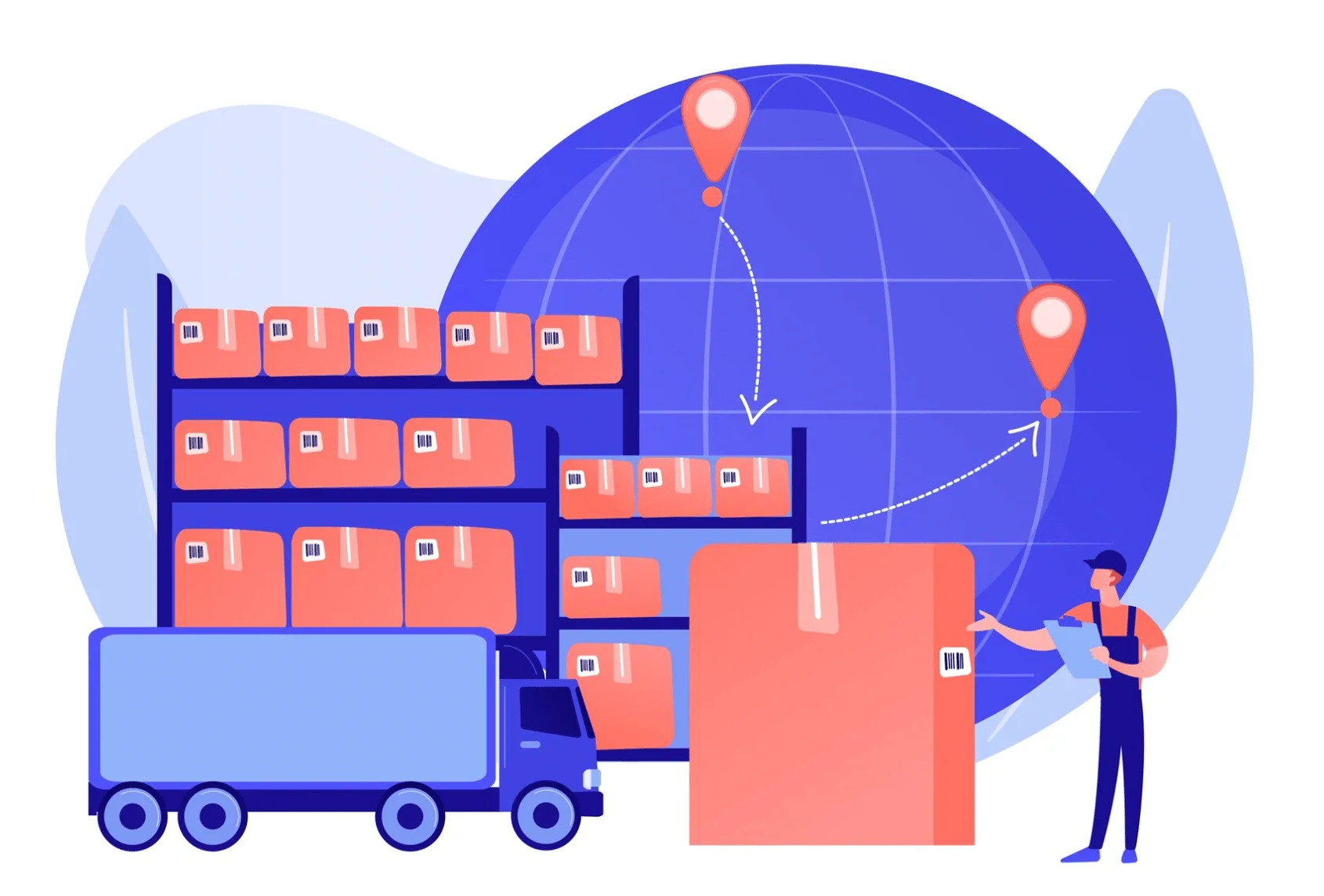Some companies are considering outsourcing their logistics. This may be due to a surge in activity or a desire to focus on their core business. What does this involve exactly? What are the advantages of this decision? Is it a gain in performance or a loss of control? We address your questions.
- What is logistics outsourcing?
- The advantages of logistics outsourcing
- The disadvantages of logistics outsourcing
- How to effectively outsource your logistics?
What is logistics outsourcing?
Logistics outsourcing is the process by which a company delegates the management of all or part of its logistics activities to an external specialized provider.
This outsourcing can cover various aspects of the supply chain, such as:
- Transportation: Managing the transportation of goods, including land, air, and sea transport.
- Storage and Warehousing: Managing storage facilities, including goods handling, storage, order preparation, and shipping.
- Inventory Management: Monitoring and managing stock levels to optimize costs and ensure adequate product availability.
- Order Processing: Handling the entire order process, from receipt to shipment.
- Packaging and Labeling: Packaging services tailored to the specific needs of products for transportation and sale.
- Returns Management: Managing product returns, including reverse logistics, sorting, and repackaging.

The advantages of logistics outsourcing
Outsourcing logistics is not a decision to be taken lightly. However, it’s a solution that offers many advantages:
-
- Cost Reduction: Outsourcing can reduce costs associated with warehouse management, transportation, personnel, and equipment maintenance. Logistics providers often have economies of scale that can lower costs.
- Focus on Core Business: By delegating logistics operations, a company can focus on its core activities such as production, marketing, and product development.
- Specialized Expertise and Know-how: Logistics providers bring technical expertise and experience that can be costly to develop internally. They often have access to the latest industry technologies and practices.
- Flexibility and Scalability: Outsourcing allows for easier adaptation to market fluctuations, such as seasonal variations or rapid growth, without the constraints of managing an internal logistics infrastructure.
- Improved Service Quality: Specialized providers can often offer a higher level of service, with advanced inventory tracking and management capabilities, contributing to better customer satisfaction.
- Access to a Global Network: Logistics providers typically have a wide network that can facilitate international expansion and access to new markets.
- Risk Management: Outsourcing can help spread risks, especially in terms of inventory management and transportation. The provider may also better handle regulatory and compliance aspects.
- Innovation and Technological Updates: Logistics providers regularly invest in new technologies and innovations to stay competitive, thus offering their clients access to these technologies without direct investment.
- Reduced Capital Investment: Outsourcing avoids the need to invest in fixed assets such as warehouses or vehicles, thus freeing up capital for other investments.
- Improved Operational Flexibility: With a logistics provider, it’s often easier to adjust service levels and capacities according to current needs, without being tied to fixed investments.
Make sure you have the best market solutions for successful logistics outsourcing!
The disadvantages of logistics outsourcing
Although outsourcing can offer benefits such as cost reduction and access to specialized expertise, it also has risks and challenges:
-
-
- Loss of Control: When you outsource logistics functions, you lose some control over these operations. This may involve inventory management, transportation, distribution, etc. This can affect the ability to respond quickly to problems or make real-time adjustments.
- Dependency on the Provider: Strong dependence on external suppliers can be problematic, especially if their performance does not meet expectations or if they encounter their own operational difficulties.
- Quality and Performance Issues: The quality of services provided by an external partner may vary and may not always meet your company’s standards or expectations. This can affect customer satisfaction and brand image.
- Hidden Costs: Although outsourcing may seem less expensive at first glance, it can lead to hidden costs related to contract management, poor service quality, or service changes.
- Communication and Coordination Issues: Working with an external partner requires effective communication. Misunderstandings or communication failures can lead to errors and delays.
- Security and Confidentiality Risks: Outsourcing can expose your company to data security risks, especially if the logistics provider manages sensitive information about products or customers.
- Reduced Flexibility: Modifying contract terms or adapting services to changing needs may be more complicated and less flexible with an external provider.
- Challenges in Integrating with Internal Systems: There may be technical challenges in integrating the systems and processes of the external provider with those of your company.
-
To address these challenges, you need to ensure that outsourcing proceeds smoothly. How can you do that?

How to effectively outsource your logistics?
Before outsourcing, precisely identify what you expect from your logistics partner. This may include inventory management, transportation, distribution, returns management, etc. Determine your goals in terms of costs, deadlines, quality, and flexibility.
Start by conducting thorough research to identify logistics service providers that match your needs. Evaluate their reputation, reliability, geographical coverage, technological capabilities, and experience in your industry.
Ensure that the provider has the necessary technologies to efficiently manage your logistics operations, such as Warehouse Management Systems (WMS) and tracking and tracing tools.
In a context where transport and logistics players face new economic and ecological challenges,
Nomadia Delivery brings together the best in optimization and traceability, to design a more efficient and responsible logistics chain.
Understand in detail the cost structure proposed by the provider. Make sure the pricing model is transparent and aligned with your financial expectations.
Negotiate a contract that clearly outlines expected service levels, key performance indicators (KPIs), penalties for non-compliance with agreements, and termination conditions.
Establish clear and effective communication channels. It’s essential to maintain close collaboration and regular communication to ensure that objectives are met.
Develop a solid transition plan to transfer operations from your company to the provider. This should include testing phases, training for your team, and an initial monitoring period.
Prepare your organization for change by informing and training employees on new procedures and ensuring their commitment to this transition process.
Implement a system to regularly monitor the performance of the provider. Use KPIs to assess the effectiveness and efficiency of outsourced logistics.
Logistics outsourcing is therefore an interesting choice to consider. However, be aware of the disadvantages it entails and put conditions in place for the collaboration to proceed smoothly.

